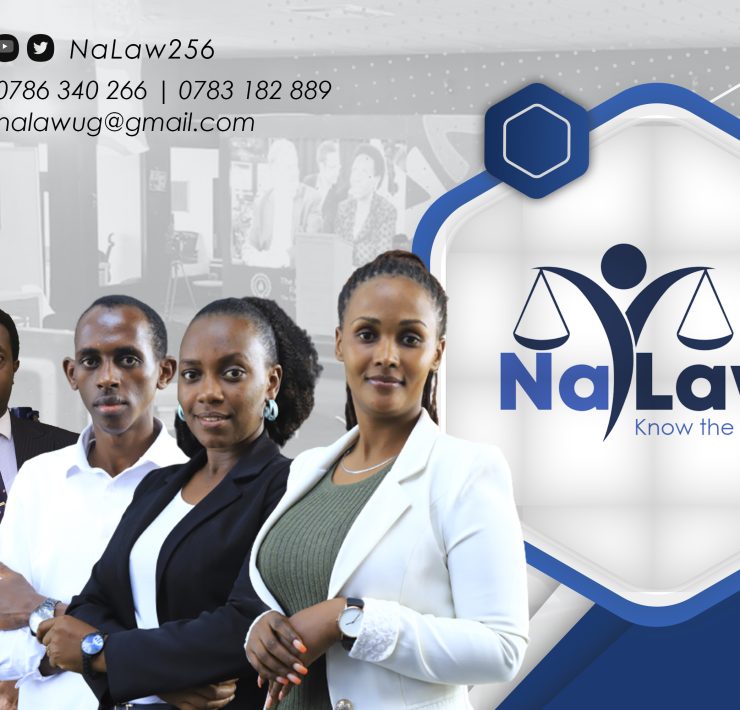What to Look Out for Before Engaging in Land Transactions

Do you know what you must find out?
Many people have been scammed by the so-called brokers and land owners whereby they are sold non existing land also -known “EMPEWO”.
There are different scenarios in this matter where the sellers are not paid, some buyers are not given the land titles, some people buy land with a lot of family conflicts and ownership issues, others find that the land has been sold to more than 1 person and some buy lands from people who are not the owners.
Land is a valuable property and as a buyer you are expected to make thorough investigations about the land, the seller and the broker in that case before purchase.
These are the detailed guides on how to buy legit land, follow the following steps in purchasing the land.
Pay a physical visit to the land.
There are many reasons as to why you should pay a physical visit to the land, this allows you to make inquiries regarding the land and the neighbours surrounding the land and ask from the LC1 chairperson to know whether the land has any conflicts or not.
You also have to measure the boundaries and establish the physical boundaries and see if they are the same and exact one as stated.
You also need to find out if there are any developments on the land.
Conducting a land survey
This is majorly done at the request of the commissioner for lands or the registrar at the cost of the applicant to search legal records, survey records and land titles to obtain information about the property boundaries on the land.
Conducting a search at the land registry
Make a written formal letter requesting for a search addressed to the commissioner land registration giving the description of the land.
Provide a search report showing the details of the land that can be searched at the registry. The search report will specify the previous owners, current owners and whether the land has been mortgaged or leased or has any dispute.
Through the search report as the buyer of the land you will get to know the true owner of the land at a small prescribed fee.
Land valuation. The application for valuation is always made to the government valuer, who makes a site visit to enable him or her to prepare the requisite valuation report all for purposes of stamp Duty.
This duty is important since it act as a registration fee for the land
The buyer has the responsibility of applying for the valuation of the land using the valuation form properly completed by the seller and the land offices will use those forms to fix the stamp.
Verify the vendors. This can be done by requesting the land owners their national ids, passport size photos, valid driver’s licence and then compare the name on the identity card to those one you found in the search, then confirm if they are the real owners of the land.
Spousal and family consent. If the land vendor is married and is selling the family land, there is a high possibility of the land being a marital or family property, then there will be a need for the agreement to be signed by the spouse and family members.
NEMA approval. It is required to write a letter to NEMA requesting for their approval of the use of the land. This applies to the lands in the wetlands, ones near the forests, and other national gazetted areas like game parks.
Property Boundaries: Verify the property boundaries and ensure that they are clearly marked and that there are no disputes with neighboring properties.
Legal requirements: Familiarize yourself with the laws and regulations regarding land ownership and transfer, including any taxes or fees that may be required.
Get yourself a Lawyer: A professional lawyer is crucial at all stages of land purchase to avoid being defrauded; they will advise you on what to do at every step.
11.Payment. Once all the above is done go ahead and buy the land and make sure that the landowners clear all pending matters concerning the land before transactions are complete, that’s their responsibility. Payment should flow through a law firm and get a clearance certificate, make sure the vendor signs a land sale agreement specifying the terms of the payment, the currency you’re going to use to pay and whether it will be paid in lump sum or installments.
NOTE: Use the sale agreement, vendor’s national id, let him sign and process your land title.



